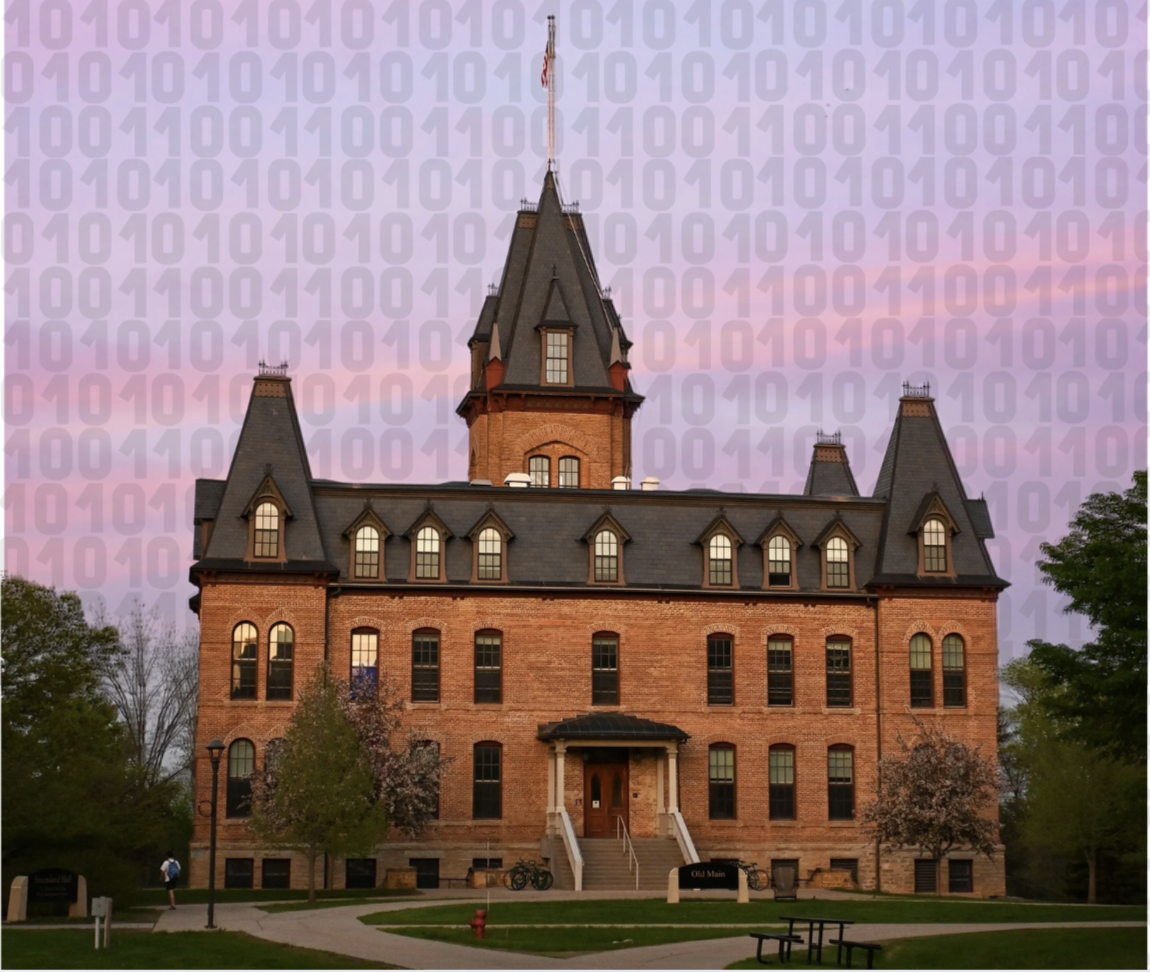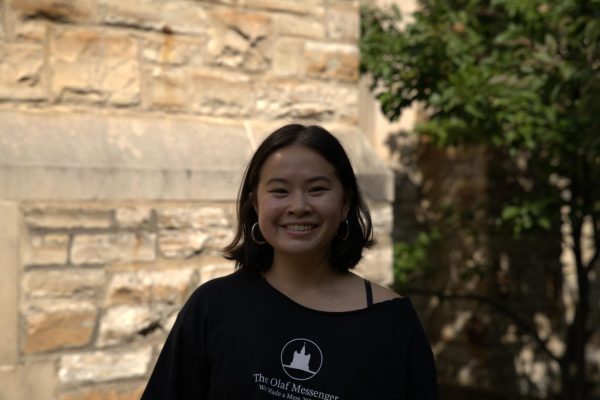In August, St. Olaf College began a partnership with BoodleBox, an artificial intelligence (AI) integration company, amidst reservations from the campus community about the technology’s place in higher education.
This comes at a time when AI engines such as Claude and ChatGPT have made their way into the job market, taking away entry-level jobs from recent undergraduates. As a result, colleges and universities are scrambling to find ways to make their students competitive in an AI-focused job market.
“Everybody’s jumping on the bandwagon,” President Susan Rundell Singer said in an interview with The Olaf Messenger. “I don’t want you to be behind on what employers are looking for. I want you to have a shot at the best next path, and I don’t want you to miss out [on] an opportunity to free your brains up to do the things you do best.”
BoodleBox, according to its website, is built to “develop domain expertise, enable AI literacy, and elevate human excellence.” The platform provides private access to all available “generations” of AI engines (Claude, Gemini, GPT) as well as protects personal information that is being put into the search engines — meaning that intel put in is not being used to further develop them.
The partnership came through St. Olaf’s recent membership to the Council of Independent Colleges (CIC), a national organization that Rundell Singer has been a part of prior to becoming president at St. Olaf. For two years now, the CIC has had a program called “AI Ready” that collaborates with BoodleBox to provide members with a subscription.
The College is on the CIC’s User-Based Pricing Plan — a “pay as you grow” test trial plan where it is $8 per user per month. Currently, St. Olaf has licenses for 200 seats, meaning that the most it will spend per month on BoodleBox is $1,600 if all seats are actively being used.
According to Instructional Technologist for Languages Kirk Martinson, BoodleBox is mainly used on the educational side of the institution as two classes have full access — the newly AI-focused first year courses — and a handful of faculty are utilizing the licenses.
The goal of this collaboration is to explore ways that AI can be integrated into class curriculum in order for students to build AI skills.
“We’re hearing a lot from employers,” Martinson said in an interview with The Olaf Messenger. “We know that [AI] is going to be something we’re going to have to be teaching students about and how to use.”
However, some faculty members see no reason to include AI at a liberal arts institution.
“I don’t see a place for that [AI] at an institution whose goal is to develop citizens and critical thinkers,” Associate Professor of History Averill Earls said in an interview with The Olaf Messenger. “There’s just no place for us to be training students on how to use AI.”
According to Earls, AI skills such as prompt generation and detecting good or bad answers are things that are already taught within a liberal arts education via critical thinking, writing, communication, and research. She says that AI skills are “not a real skill set that exists” and can be taught on the job if a company has a specific software they use.
“At a school like St. Olaf, we teach students how to use their minds without assistive technology like AI to do those things,” Assistant Professor of Biology and Environmental Studies Jake Grossman said in an interview with The Olaf Messenger. “So, I don’t incorporate it into my teaching.”
In an Olaf Messenger survey querying faculty members on their usage of AI within the classroom, a third of respondents said that they do not allow students to use AI within their coursework and a quarter perceive the technology to be a negative impact to learning.
Beyond the classroom, there is also concern on the ethics surrounding the technology.
Environmental concerns have been raised since the boom of generative AI. According to a 2022 NPR report, a typical data center consumes roughly 300,000 gallons of water a day; and a 2023 Oregon Live article says that the Google data centers located in The Dalles, Ore. takes up over a quarter of the city’s water supply daily.
According to Martinson, the College’s environmental impact by using BoodleBox is “reduced by magnitudes” because BoodleBox funnels the various engines through one platform. However, the College has not received official documentation from BoodleBox on the company’s environmental impacts at the time of this article’s publication.
While there is a wide range of opinions regarding AI usage on campus, Rundell Singer says that the technology is not going away any time soon. In fact, AI has already taken root at St. Olaf — the Library and Information Technology department created an AI Impact group to address campus-wide questions on AI; a group of faculty members got together over the summer to create a guide for AI syllabus statements; and the College is looking to integrate the technology within administrative work.
“Maybe there will be something better than BoodleBox that comes along,” Rundell Singer continued. “But, I don’t think anything is going to steer us away from having access in this community to helpful AI tools in secure data-protected ways.”





